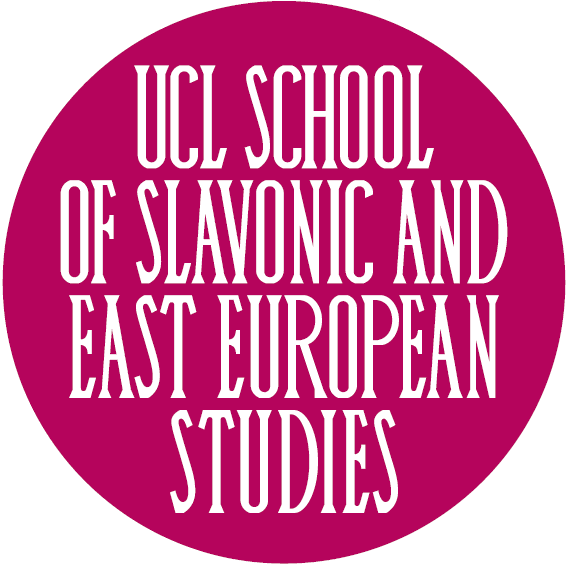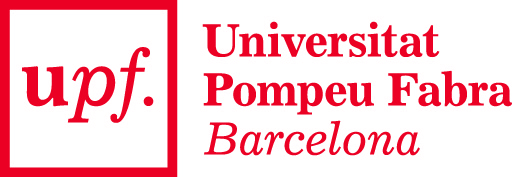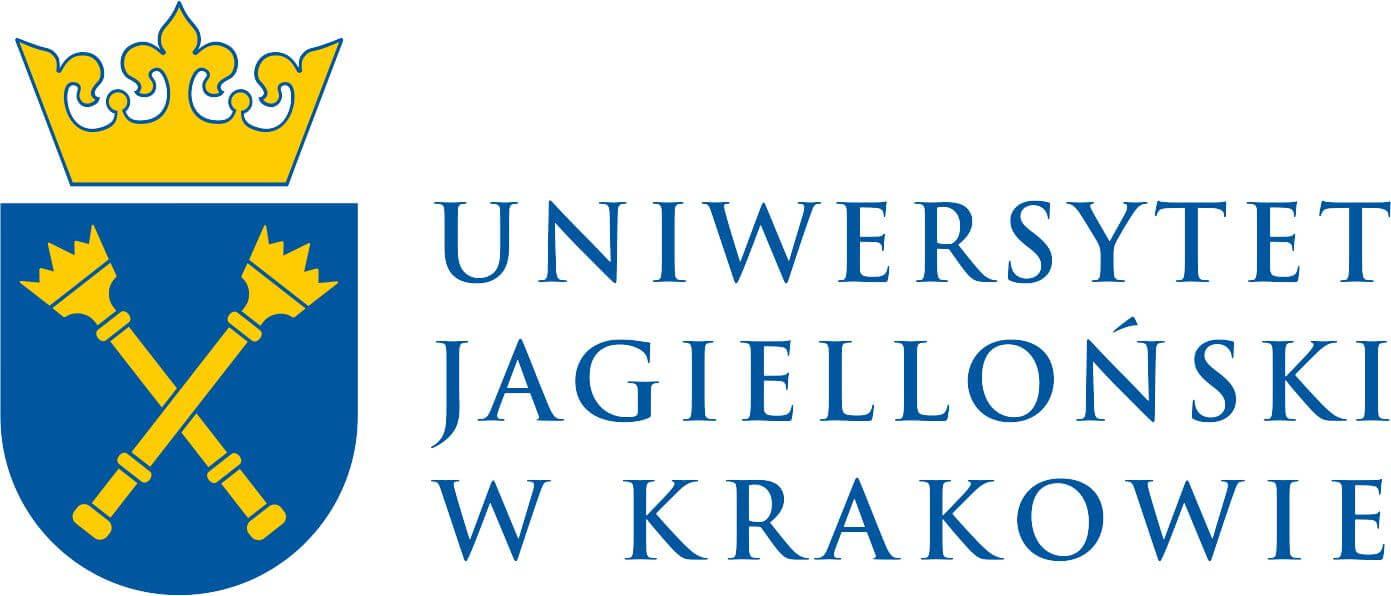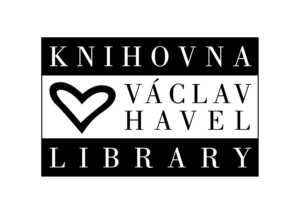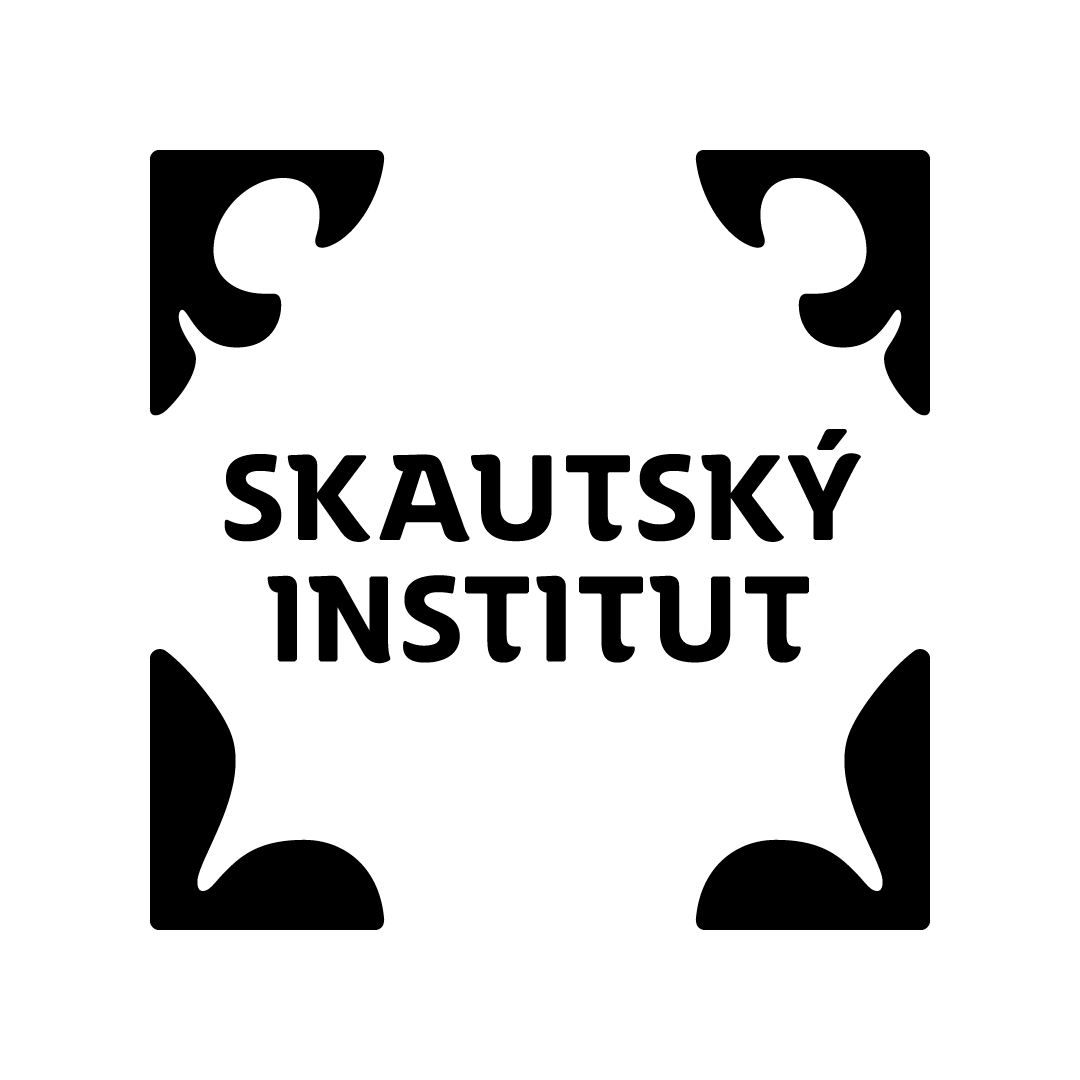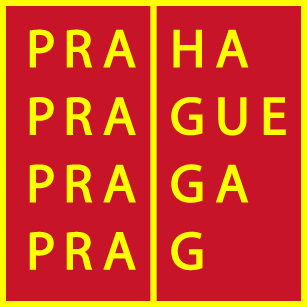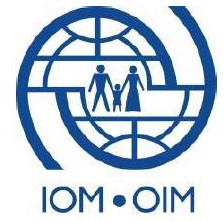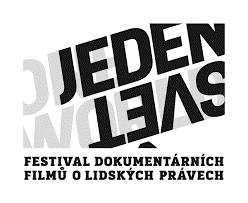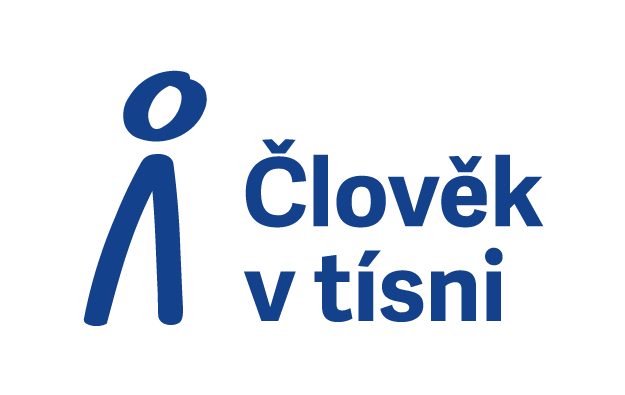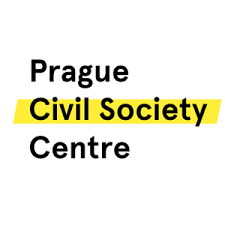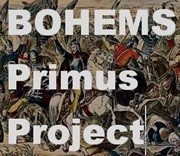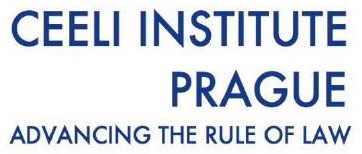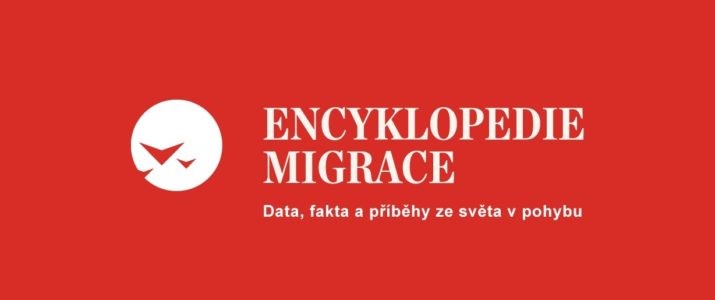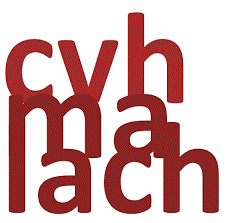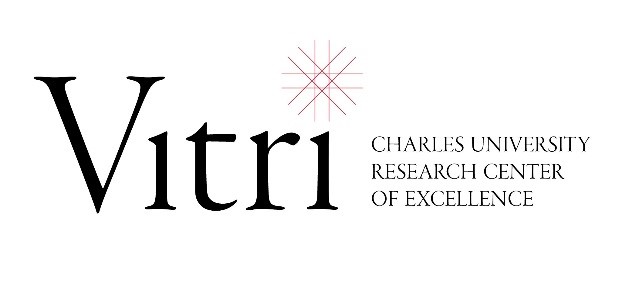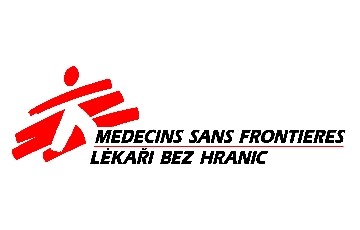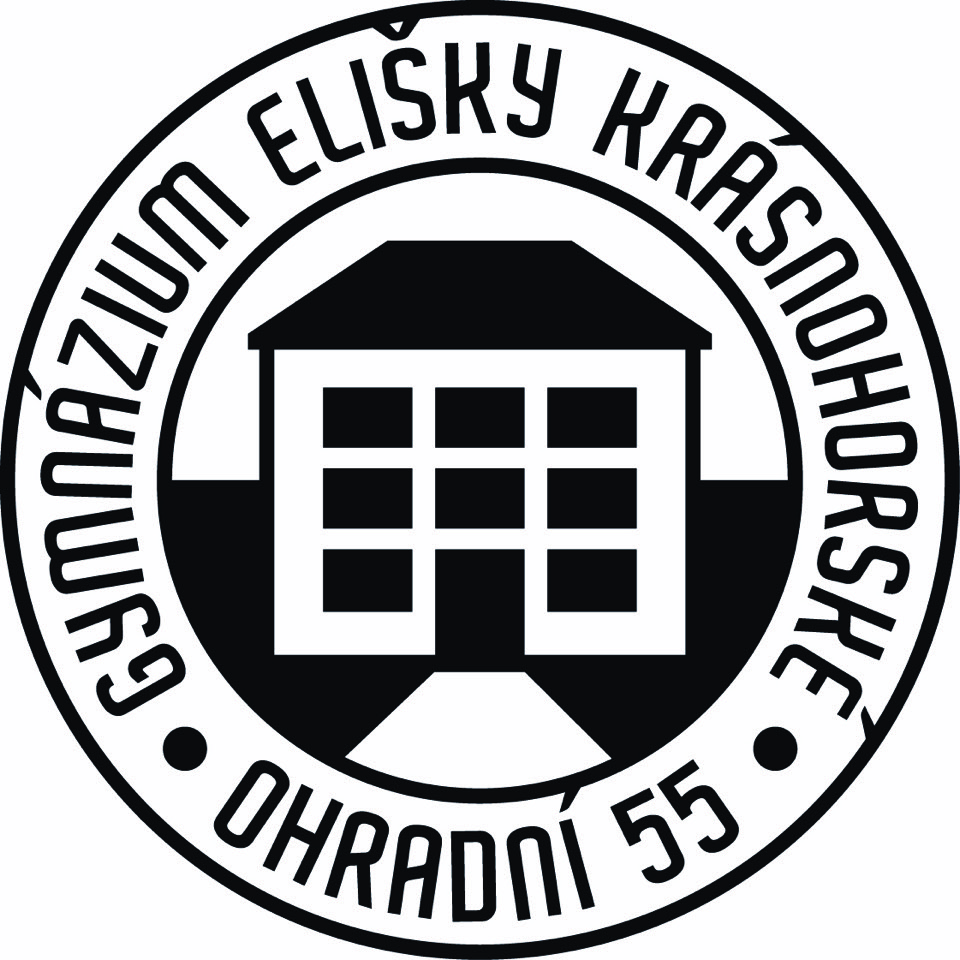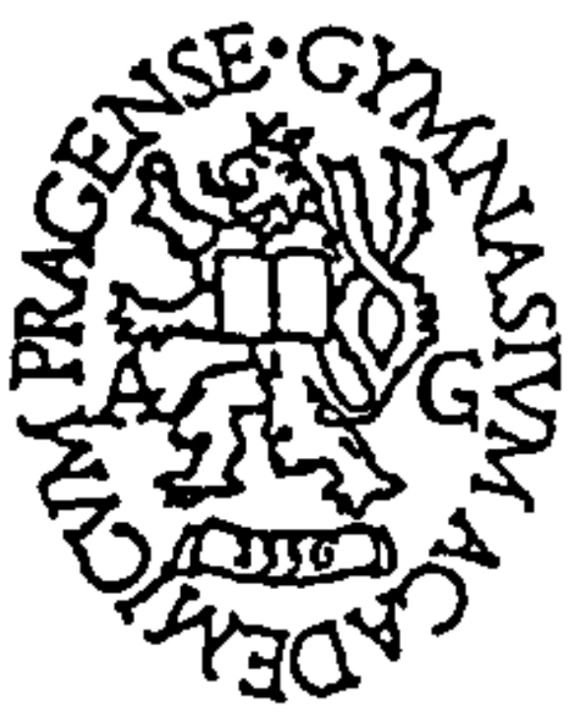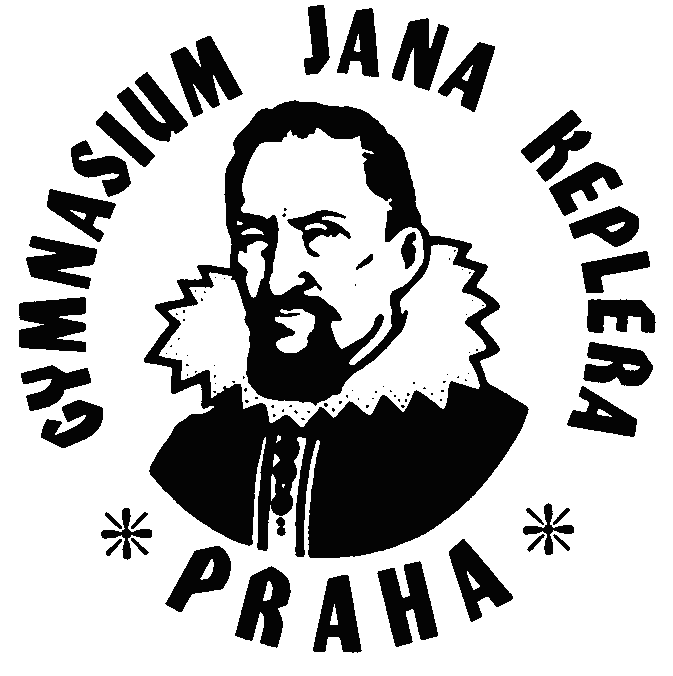Small (nation-)states
Small (nation-)states within/without empires and unions
Leader: Adrian Brisku
Contemporary regions of east-central Europe, north-east Europe, south-east Europe, and the Caucasus are areas comprised of relatively small (nation-) states that especially from the second half of the nineteenth century emerged as distinct and autonomous entities within and without larger entities (empires and unions). The concept of a small (nation-) states is understood here both in the sense put forward by Czech historian Miroslav Hroch, namely of socio-political structural understanding whereby a small nation lacks its own ruling elite and has an incomplete social structure and a more recent notion – within the field of small state studies – whereby a small state, in terms of its size in the international system, is understood not only as ‘rule-taker’ as opposed to a ‘rule-maker’ but importantly as a discourse of smallness whereby a polity is recognized as such – internally and externally – and actions proceed from such recognition.
This research centre aims to examine historical and contemporary positions and strategies (or lack thereof) of these small (nation-) states – and actors within them – in (geo)political, economic, and cultural spheres within a three-period timeframe. The first period is that of the late nineteenth century and the First World War when most of these nations were part of the Austro-Hungarian, Ottoman, and Russian empires. The second period is that of the end of the First World War and the Cold War when some were independent and some part of Soviet, Yugoslav, and Czechoslovak union/federations. And the last period is that of the late twentieth century and early twenty-first century in which most of the small nation(-states) became part of the European and Eurasian Unions, while others seeking/or are coerced to join. This research centre, then, questions whether historical and contemporary strategies/positions or lack thereof of actors within the small nation(-states), in these regions, point to historical and contemporary resilience of this entity, often imbued by a contested ‘national/ethnic’ content.
Members
Selected projects
- Specialisation in EU small states’ foreign and security policy
- National economy-building in ALB, CS and GEO in 1920's
- Jean Monnet Chair TeDEUSS - Teaching and Debating EU Small states' Security
- Soviet society and the Prague Spring
- Za hranice hegemonických narativů a mýtů. "Pohnutá minulost" v dějinách a paměti středovýchodní a jihovýchodní Evropy
- Pod tlakem internacionalizace a sekuritizace: Proměny bezpečnostní politiky evropských států
- Prosazování českého zájmu v evropských politikách (completed)
- Česká zahraniční politika v Evropské unii (completed)
Selected publications
- Brisku, A. (2022). Sto let česko(slovensko)-albánských vztahů. Univerzita Karlova, nakladatelství Karolinum.
- Brisku, A. (2022). Njëqind vjet marrëdhënie shqiptaro-çeko(sllovake). Univerzita Karlova, nakladatelství Karolinum.
- Weiss, T., & Edwards, G. (eds) (2022). Small States and Security in Europe. Between National and International Policymaking. Routledge.
- Brisku, A. (2022). Dealing with Smallness in Hasbsburg Bohemia, Ottoman Albania and Tsarist Georgia in the late-19th and early-20th century. In Samuël Kruizinga (Ed.), The Politics of Smallness in Modern Europe. Size, Identity and International Relations since 1800.
- Brisku, A., Blauvelt, T. (2021). The Transcaucasian Democratic Federative Republic of 1918 : Federal Aspirations, Geopolitics and National Projects. Routledge.
- Weiss, T. (2020). A small state's anticipation of institutional change: effects of the looming Brexit in the areas of the CSDP and internal market. European Security, 29(1), 1-15.
- Brisku, A. (2020). Modern Georgia. In D. Ludden (Ed.), The Oxford Research Encyclopedia of Asian History (pp. 1-22). Oxford University Press.
- Švec, L. (2020). Demontáž sovětského dějinného paradigmatu v Lotyšsku na konci 80. let 20. století:některé aspekty kontinuity a diskontinuity. Slovanský přehled. Review for the History of Central, Eastern and Southeastern Europe, 106(3), 547-567.
- Weiss, T. (2019). Between NATO and a hard place: defence spending debate in Germany and Czechia. European Security, 28(2), 193-211.
- Kolenovská, D. (2019). Československo a běloruská emigrace. In M. Kuthanová (Ed.), Z historie exilu : emigrace z území bývalého Ruského impéria v meziválečném Československu (pp. 9-15). Památník národního písemnictví.
- Brisku, A. (2018). The Place of "Europe" in the Post-soviet Georgian Modernization Discourse. In G. Zedania (Ed.), Modernization in Georgia : Theories, Discourses, Realities (pp. 107-138). Peter Lang.
- Kolenovská, D. (2018). Heros and anti-heros of the Belarusian independence project in Chechoslovakia. The Journal of Belarusian Studies, 8(3), 67-86.
- Šír, J., Emler, D., Fjodorov, J., Hamatová, K., Karasová, N., Kučera, J., Lebduška, M., Lídl, V., Lukešová, O., Pondělíček, J., Raiman, V., Samus, M., Sviták, M., Svoboda, K., Švec, L., & Buchar, J. (2017). Ruská agrese proti Ukrajině. Univerzita Karlova, nakladatelství Karolinum.
- Kolenovská, D., & Šimová, K. (2017). Cesty do utopie: Sovětské Rusko ve svědectvích meziválečných československých intelektuálů. Prostor.
- Brisku, A. (2017). Political Reform in the Ottoman and Russian Empires: A Comparative Approach. Bloomsbury Academic.
- Weiss, T. (2017). Promoting National Priorities in EU Foreign Policy: The Czech Republic's Foreign Policy in the EU. Routledge.
- Brisku, A. (2017). Renegotiating the empire, forging the nation(- state): the Bohemian/Czechoslovakian case through the political-economic thought of Thomas G. Masaryk and Karel Kramář, c. 1890-1920s. Nationalities Papers, 45(4), 632-650.
- Králová, K. (2016). Das Vermächtnis der Besatzung. Deutsch-griechische Beziehungen seit 1940. Böhlau Verlag.
- Weiss, T. (2016). Too Limited, Too Late: Evaluating the Czech Republic's Performance as a Small-State Lobbyist in EU External Policy. New Perspectives, 24(1), 53-78.
News
-
Book Launch: Varieties of Economic Nationalism in Cold War Europe
Výzkumné centrum Small (Nation-)States within/without Empires and Unions (IMS FSV UK) srdečně zve na křest knihy Varieties of Economic Nationalism in Cold War Europe: Small State Responses to Economic Changes, 1960s–1980s, jejížmi editory jsou Adrian Brisku, Martin Gumiela a Lars Fredrik Stöcker. -
Doc. Adrian Brisku's Erasmus+ Training Mobility Visit to the University of Tirana
Between 17 and 30 June 2025, Associate Professor Adrian Brisku took part in an Erasmus+ Training Mobility at the Faculty of Social Sciences, University of Tirana. -
New Article by Tomáš Weiss in Small States & Territories
Tomáš Weiss from the Department of European Studies at the Institute of International Studies, Charles Universityhas published a new article titled Small states and specialisation: domestic politics, foreign policy, and their interface. The piece appears in the latest issue of the international journal Small States & Territories. -
Adrian Brisku Participates in Erasmus Training Mobility at the University of Montenegro
From 5 to 9 May 2025, Adrian Brisku from the Department of Russian and East European Studies at IMS took part in an Erasmus Training Mobility at the University of Montenegro, Faculty of Political Sciences in Podgorica. -
Adrian Brisku Visiting the University of Sarajevo
From 7 to 11 April 2025, Associate Professor Adrian Brisku visited the Faculty of Philosophy at the University of Sarajevo as part of the Erasmus+ programme supporting international academic exchange. During his stay, he delivered lectures to MA students and met with colleagues from the Department of History and the Center for Historical Research (CeHiS). -
SnS Talk: Shelter-Seeking Strategy of Sweden and Finland: From the Beginning of the Cold War to NATO Membership
We would like to cordially invite you to a Small (Nation-)States Research Centre Talk by leading scholar in small-state studies, Professor Baldur Thorhallsson, titled ‘Shelter-Seeking Strategy of Sweden and Finland: From the Beginning of the Cold War he Cold War to NATO Membership’.


